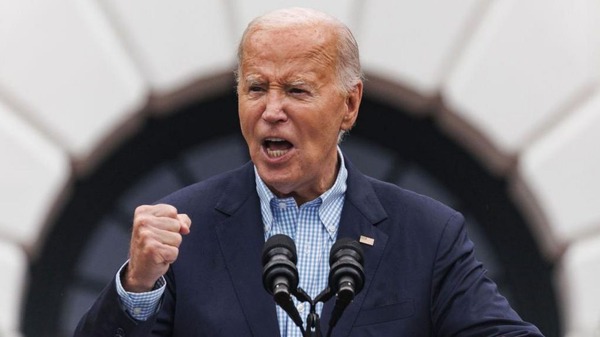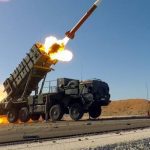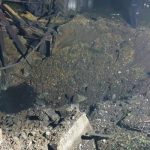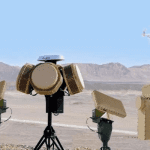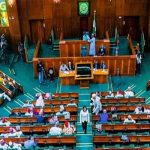US President Joe Biden has pledged to provide Ukraine with five new strategic air defence systems to counter relentless Russian attacks, in a forceful speech welcoming Nato leaders to Washington DC.
In brief but strongly delivered remarks at the opening of the summit, the president declared the military alliance “more powerful than ever” as it faced a “pivotal moment” in the war between Russia and Ukraine.
Mr Biden said the US would partner with Germany, Italy, the Netherlands and Romania to donate Patriot missile batteries and other systems to aid Ukraine, amid growing civilian casualties in the conflict.
The announcement comes just two days after a Russian missile levelled a children’s hospital in the Ukrainian capital Kyiv – an attack the city’s mayor said was among the worst since the beginning of the war.
Some 43 people were killed by blasts across the country in Monday’s attack, with over a hundred more injured, officials said. Russia denied responsibility for the attack, but the UN – and analysts who spoke to BBC Verify – pinned the blame on Moscow.
President Volodymyr Zelensky has spent months pleading with his Western allies to step up supplies of air defences.
In total, Nato plans to donate five strategic air defence systems and dozens of smaller, strategic anti-air batteries over the coming year.
President Biden spoke for about 13 minutes in a clear voice, a marked difference from his fumbling tone during last month’s presidential debate with Trump.
In a speech which seemed pitched to reassure allies overseas and closer to home that he can fight off an election challenge from Donald Trump, the president warned that “autocrats” had overturned global order.
Meanwhile, congressional Democrats met privately to debate Mr Biden’s leadership of the party and the mood was “sad”, lawmakers told the Associated Press news agency.
Later on Tuesday, a seventh House of Representatives Democrat – Mikie Sherrill of New Jersey – publicly called on Mr Biden not to run for re-election, saying the stakes were “too high”.
Visiting diplomats also expressed scepticism about Mr Biden’s future, according to reports.
Mr Biden’s team has responded by trying to show that the 81-year-old remains vigorous enough to handle the demands of the presidency.
The White House has credited Mr Biden’s leadership for the expansion of Nato since Russia invaded Ukraine two years ago, with Finland and Sweden joining the alliance.
Shashank Joshi, defence editor at the Economist, told the BBC that the Patriot missile batteries are “very good at shooting down ballistic missiles” but that Ukraine “needs a mix of systems”.
Joining them is the UK’s new Prime Minister Sir Keir Starmer. Before leaving for Washington, he said he was pleased to “confirm and reaffirm Labour’s strong support, unshakeable support for Nato”.
Asked by reporters travelling with him to the summit for his message to Russian President Vladimir Putin, Sir Keir said the gathering “should be seen as a clear and united resolve by Nato allies… to stand with Ukraine and stand up to Russian aggression”.
He said a deadly attack on a children’s hospital in Kyiv earlier this week “strengthens the resolve and that is a very important if tragic backdrop to this summit”.
It was held in the very venue where the original treaty was signed decades ago, which Mr Biden invoked in his speech.
Near the conclusion of his speech, Mr Biden called Nato Secretary General Jens Stoltenberg on to the stage to award him the Presidential Medal of Freedom, America’s highest civilian honour.
On Tuesday evening, Trump, 78, criticised Nato allies during a campaign rally at his golf club in Doral, Florida.
The event was attended by all three of his sons, including his youngest, Barron, who was at his first ever Trump rally, according to his father, and received more applause from the audience than his brothers, Eric and Don.

